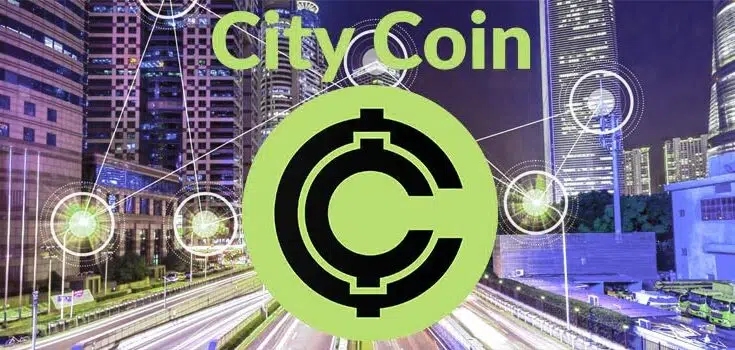The CityCoins project on Stacks is getting new features thanks to 11 new startups from the Stacks Ventures project incubator.

The project incubator Stacks Ventures has accepted 11 projects to help make CityCoins more appealing to global mayors who want to use a digital asset to receive rewards and boost their economies.
Stacks Ventures is a $4 million incubator dedicated to projects based on the Stacks (STX) Bitcoin layer-2 smart contract solution. CityCoins is a project that allows partnered city governments to launch their token on Stacks, with Miami and New York City being the first two to sign on with their respective tokens, MiamiCoin and NYCCoin.
As part of the agreements, local governments receive CityCoin rewards and can stake the asset to receive additional Bitcoin rewards (BTC).
Stacks Ventures will incubate 11 projects in its second cohort of 24 to add wireless networking, Web3, gaming, nonfungible token (NFT), decentralized autonomous organizations (DAO), education, and decentralized finance (DeFi) capabilities to CityCoins.
Stacks Ventures partner Trevor Owens said generating Bitcoin returns could “replace a city’s tax base” in addition to the new capabilities. In essence, he claims that cities could potentially earn enough revenue to cover all costs that would otherwise be covered by taxes.
Cities that use CityCoins are rewarded with 30% of the fees paid in STX by coin miners. Mayors can immediately sell their STX rewards for USD or stack the tokens to earn Bitcoin yield. Stacking on the Stacks network is analogous to staking tokens on the Ethereum network.
Last November, Miami Mayor Francis Suarez stated that his city would use its rewards to generate BTC yield, which would be distributed to residents.
Owens believes that incorporating NFTs, DeFi, and Web3 into CityCoins provides the greatest opportunity for prospective cities. “Web3 is all about ownership,” he said, adding that “NFTs could be used in ownership of all nonfungible assets.”
“Mayors can see this is within striking distance. They can add services and apps through CityCoins that make [their] residents happier and healthier.”
Patrick Stanley, the founder of CityCoins, believes that the new startups working on CityCoins will help it carry out its mission of “increasing the health, wealth, and happiness of cities and citizens wherever it is activated.” However, he would like to eventually have a stablecoin on the project.
“People will always converge towards a stable asset because the cognitive overhead on volatile assets is way too high,” he told Cointelegraph today. As a result, volatile assets such as Bitcoin (BTC) are unlikely to become currencies.
As CityCoins expands to serve more cities and people, Stanley believes the project could assist cities in combating inflation through stablecoins, which he believes disproportionately affects the poor. He stated:
“Cities may now have to protect their citizens against inflation. Wouldn’t it be great if they could do that through a stablecoin that earns Bitcoin yield?”
According to the economy tracker US Inflation Calculator, the current inflation rate in the United States is at its highest level since 1981, at a crushing 8.5 percent annually.
Stanley’s enthusiasm for stablecoins as a tool for driving crypto adoption is shared by VegaX’s Sang Lee, who believes stablecoins will be critical in bringing cryptocurrency into capital markets.
Regardless of how it happens, Stanley believes that as familiarity and accessibility grow, everyone will hold crypto sooner or later. Among the new startups to join Stacks Ventures is one focused on education, which could potentially aid in the education of the general public about Bitcoin.
Miami and New York City have begun to use CityCoins to generate revenue for their residents since their launch last summer.
The city government of Philadelphia has expressed interest in collaborating with CityCoins, and Austin appears poised to join Miami and New York City.
